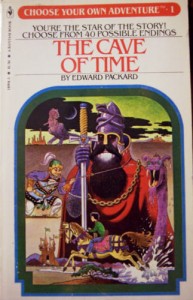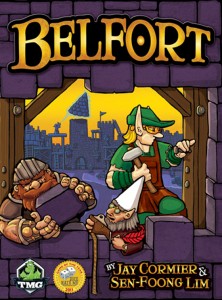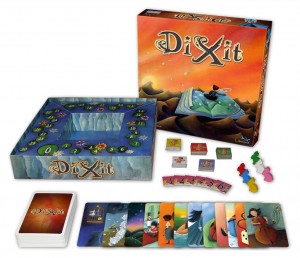I’m migrating this blog away from Orchard CMS and back to WordPress (if you’re reading this then the blog is running on WordPress but the full archive of posts hasn’t quite made it) so for a while it may seem as though there is no content but I’m rapidly bringing it all back.
Orchard CMS was great but I just didn’t get on with it. I couldn’t do with it what I wanted which subconsciously stopped me from posting new items. Hence the move back to WordPress which I’ve previously used for years on this previous incarnation of blog and many others I have dotted around.
SaveandExit.com will stay with the previous format, acting as a collecting pot for other posts I place on other blogs, eventually culminating in a diverse range of topics from board games to software development tools to video games and football.
 Development tools such as Loupe, a highly effective and feature-rich logging framework and analysis tool (Gibraltar recently announced Loupe Desktop was going FREE – see the blog post Our Best Log Viewer is now Free), The new version boasts an impressive feature list. Their blog post, New Loupe Desktop Features in Loupe 3.5, highlights many of the new features, including Live Local Sessions. This is a big plus for me as previously it was a tad annoying to get hold of session log data for services I was developing. With Loupe Desktop 3.5 I can see those log files straight away as I spin up debug versions of my code. The system tray notification popup even reminds me that there’s a local log in progress.
Development tools such as Loupe, a highly effective and feature-rich logging framework and analysis tool (Gibraltar recently announced Loupe Desktop was going FREE – see the blog post Our Best Log Viewer is now Free), The new version boasts an impressive feature list. Their blog post, New Loupe Desktop Features in Loupe 3.5, highlights many of the new features, including Live Local Sessions. This is a big plus for me as previously it was a tad annoying to get hold of session log data for services I was developing. With Loupe Desktop 3.5 I can see those log files straight away as I spin up debug versions of my code. The system tray notification popup even reminds me that there’s a local log in progress.
One topic I will be looking at is making the most of Loupe. At the moment we use the desktop application connecting to the Loupe Server. We look at logs as they come in from our application to the Loupe Server when a user reports an error with the application. I feel that there is a whole set of functionality we haven’t seen yet, so I’m very excited to see what’s under the hood in Loupe.
 As a child I loved playing/reading the “Choose Your Own Adventure” books. (See Amazon) The very fact that I was able to decide how my story went was probably one of the first role playing games I ever played. I remember going through all of them in my local library, then waiting patiently for the new editions to arrive.
As a child I loved playing/reading the “Choose Your Own Adventure” books. (See Amazon) The very fact that I was able to decide how my story went was probably one of the first role playing games I ever played. I remember going through all of them in my local library, then waiting patiently for the new editions to arrive.

